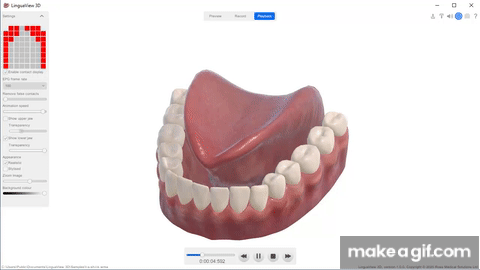The Speech, Lexicon and Modeling Lab (slam.lin.ufl.edu) within the Department of Linguistics (lin.ufl.edu) at the University of Florida is accepting applicants to the Linguistics PhD program. A PhD student position is available fully funded for three years to work in the Speech, Lexicon and Modeling Lab with Dr. Kevin Tang and Dr. Ratree Wayland in the Department of Linguistics. The lab is dedicated to advancing applied and theoretical research involving spoken speech and grammar (phonetics and phonology) and word knowledge (lexicon) with experimental and computational methods. Some of the projects are listed here and here.
How to apply:
Please note that this application is for funding only. Applicants must also apply to the Linguistics PhD program (how to apply) and to be considered for admission by the department’s admission committee.
Please send a single PDF file. The PDF should contain (1) a cover letter describing your previous research experience, career goals, and motivation for working on this project, (2) your CV, (3) the contact information of two references, (4) relevant transcripts, and (5) scientific publications, as applicable. Please send your application and/or questions to Dr. Kevin Tang (tang.kevin@ufl.edu) and Dr. Ratree Wayland (ratree@ufl.edu) with the subject line “PhD Student Position: SELMA” before November 15. We will start and continue to evaluate the applications as we receive them. Note that there is a separate deadline for the departmental admission on December 1.
About the project:
The lab has recently received $750,000 of NSF funding to develop a novel pseudo-palate for linguistic and medical purposes over three years. Speech as a non-invasive biomarker could provide researchers and clinicians with new means to capture fine changes in speech articulation patterns associated with linguistic phenomena in the normal population or functional changes in articulation in individuals with disorders. The overarching goal of this project is to establish an evidence-based, quantified, data driven, non-invasive method for using speech as a biomarker for facile detection of cross-linguistic variation and patterns of articulatory change in various neuromotor disorders within the linguistics and biomedical realms. This interdisciplinary project has three interactive arms: the development of a smart, wireless, electropalatography (EPG) system, behavioral speech data collection for comparison with existing EPG systems, and machine learning for identifying patterns of tongue-palate contact that signify abnormal patterns of articulation.

About the position:
A PhD student position is available for a highly motivated individual with an interest in studying acoustic and articulatory variations in speech in speakers with typical and atypical speech, such as disordered speech. The long-term goal of this project is to harness the fine articulatory and acoustic detail in speech as a biomarker for neurological disorders. The student will conduct behavioral speech data collection with participants, computational modeling of acoustic and articulatory data (EPG), and we will work alongside the engineering team to facilitate with the testing of a novel EPG system. The funding is renewable annually (up to three years) upon satisfactory performance. The starting gross salary is $17,000 per year. The appointment also includes a tuition waiver for 9 credit hours for each semester (Fall and Spring).
Qualifications:
– Applicants should have an M.A/M.Sci or equivalent degree in Linguistics, Data Science, Computer Science, Phonetics, Psychology, Speech-Language Pathology, or a related discipline.
– Exceptionally promising applicants with a B.A/B.Sci degree and demonstrated potential (i.e., scientific publications, dissertation work of publishable quality) may also be considered.
– A solid programming background in Python or similar languages is required.
– Prior experience with speech research (especially in EPG, acoustic/articulatory data analyses, and participant testing) would be an asset.
– Prior experience with modeling large linguistic datasets would be an asset.
– Self-motivated and hard-working, with a keen interest in speech research.
– A strong academic background.
– High proficiency in English. Working knowledge of Spanish would be an asset.
– Excellent communication, written and interpersonal skills.
– Willingness to work in an interdisciplinary team.
– Willingness to apply for internal and external scholarships.